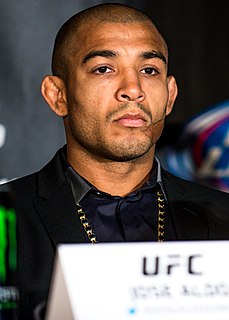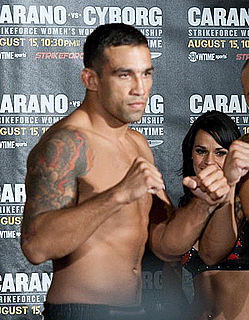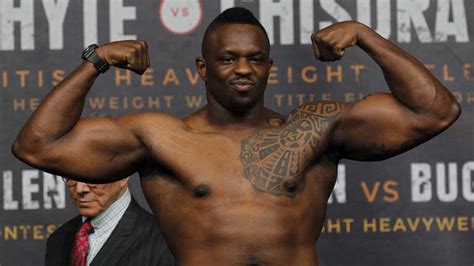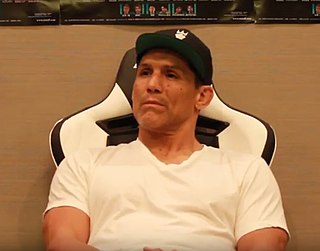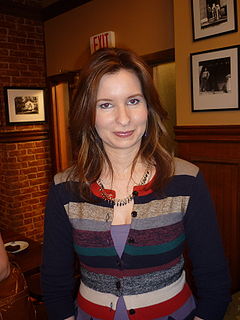A Quote by Julie Delpy
I think anyone who has had a fight and who's a very good observer of the situation and people's behavior is capable of writing a fight. But you do start thinking about writing during the fights that you have with your partner.
Related Quotes
Welcome to Fight Club. The first rule of Fight Club is: you do not talk about Fight Club. The second rule of Fight Club is: you DO NOT talk about Fight Club! Third rule of Fight Club: if someone yells “stop!”, goes limp, or taps out, the fight is over. Fourth rule: only two guys to a fight. Fifth rule: one fight at a time, fellas. Sixth rule: the fights are bare knuckle. No shirt, no shoes, no weapons. Seventh rule: fights will go on as long as they have to. And the eighth and final rule: if this is your first time at Fight Club, you have to fight.
When people are in a workplace where it's possible to organize and engage in labor actions, that's how they fight, and it can be very effective. When people are not in that situation, they fight in other ways. They fight in the marketplace. One need only notice that there's been a meaningful shift in where people are over the last thirty, or fifty years from traditional productive industries toward a kind of work that involves circulation of capital and products, and toward unemployment. People who are in that situation are unlikely to fight somewhere else.


